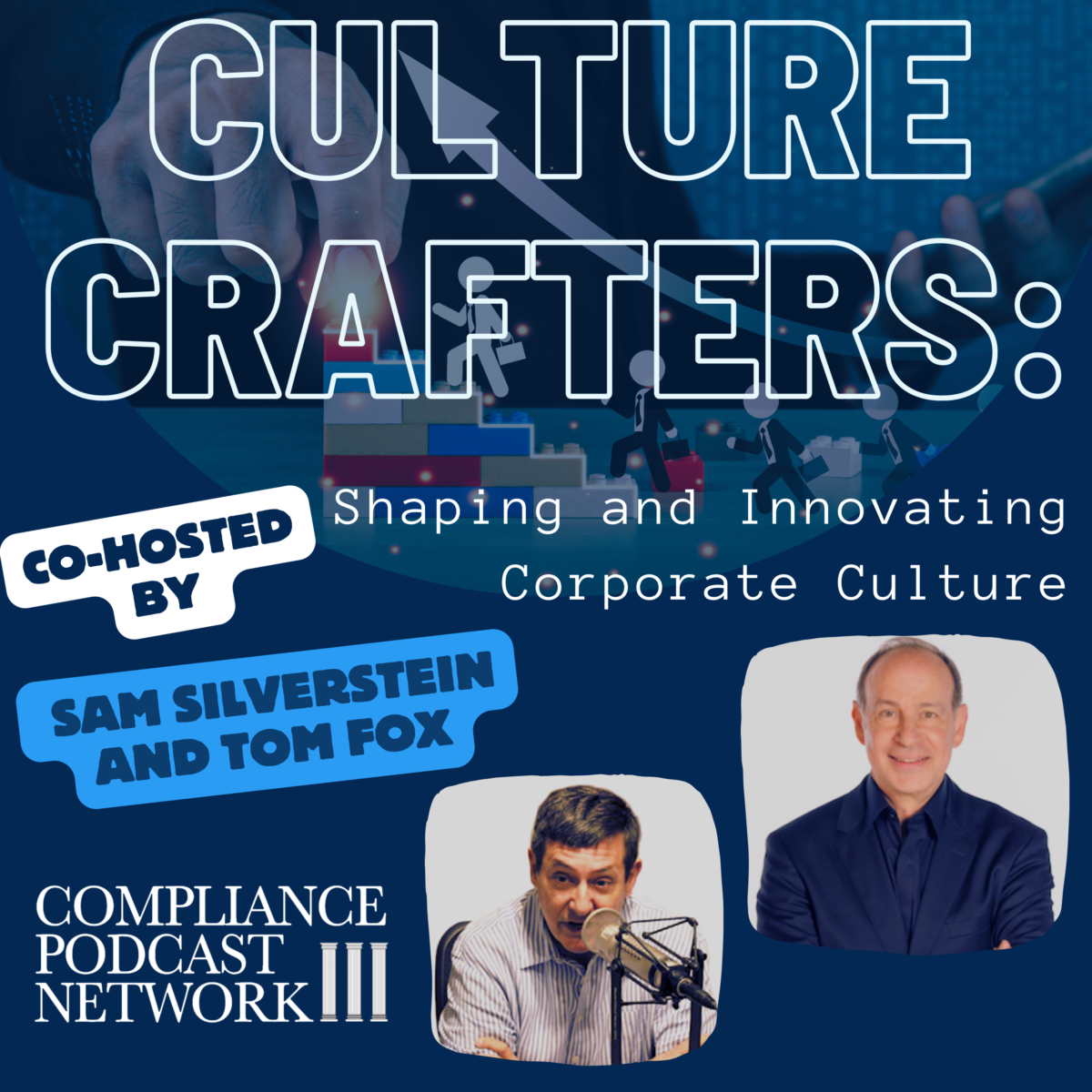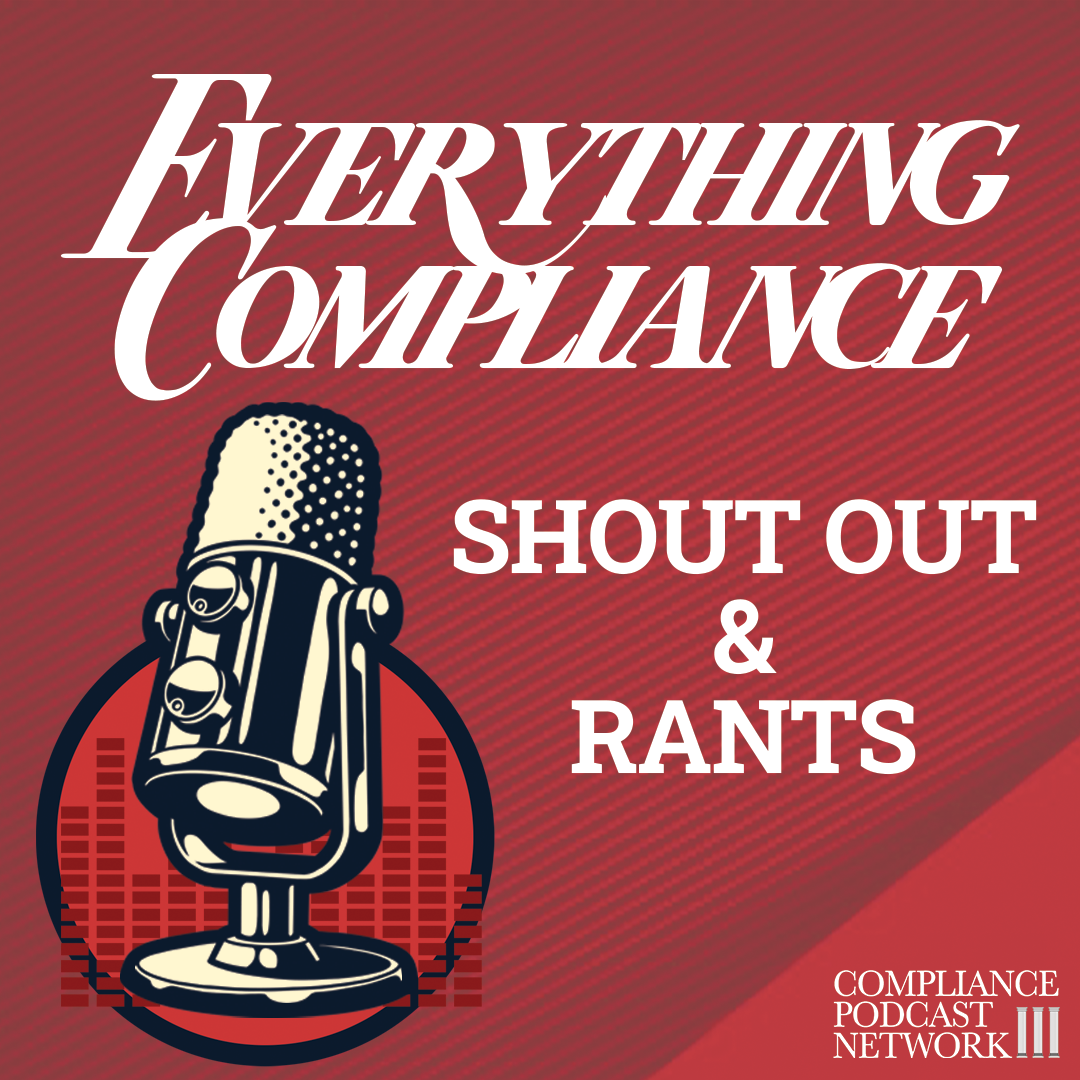Many people focus on qualities like decisiveness, communication skills, and strategic thinking when it comes to leadership. While these traits are undoubtedly important, another aspect of leadership often gets overlooked: the role of culture. An organization’s culture can significantly impact its success, and leaders who understand and prioritize this aspect can create a more positive and productive work environment. In this blog post, we will explore the importance of culture in leadership and provide practical tips for harnessing its power.
Why is it important to hire leaders who understand and prioritize the existing culture or improve it if needed? Leaders who understand and prioritize an organization’s existing culture are better equipped to make informed decisions that align with its values and goals. By hiring culturally sensitive leaders, you can ensure they will respect and uphold your organization’s unique traditions and norms. Additionally, leaders in tune with the culture are more likely to inspire employee trust and loyalty, leading to higher engagement and job satisfaction.
To hire leaders who understand and prioritize the existing culture, every organization should consider incorporating questions about cultural fit into their interview process for anyone being reviewed and interviewed. Your organization should seek candidates who demonstrate an awareness of your organization’s values and a willingness to embrace its culture. Additionally, new leaders should be provided with training and resources to help them acclimate to the culture and understand how their actions can impact it.
What happens if something goes wrong, and how should your compliance function address behavior that undermines the organizational culture? The most direct, perhaps significant, method is to address behavior that undermines the organizational culture promptly and directly. The reason is that when left unchecked, negative behavior can erode trust, create conflict, and harm employee morale. Compliance professionals should proactively address behavior that goes against the organization’s values by setting clear expectations, providing feedback, and offering support to help employees correct their course.
When addressing behavior that undermines the organizational culture, you should focus on open communication, active listening, and constructive feedback. It is important to address issues as they arise and involve HR, compliance, or other resources to ensure a fair and respectful resolution. With compliance as the herald of Organizational Justice and Fairness, you can see the compliance angle in all these matters. By addressing negative behavior head-on, your organization can communicate that its culture is non-negotiable and everyone is expected to uphold its values.
A culture audit is one of the key ways to determine if your organization needs to correct its course. Implementing cultural audits in an organization can help leaders gain valuable insights into the culture’s current state and identify areas for improvement. By conducting regular assessments of the culture, leaders can track progress, measure the impact of initiatives, and make data-driven decisions about strengthening and promoting the organization’s values. Cultural audits can also help leaders identify potential risks, such as issues related to diversity and inclusion, and take proactive steps to address them.
The Department of Justice (DOJ) has also recognized culture management as a critical element for compliance. Beginning with the speech by Deputy Attorney General Lisa Monaco in October 2021, she discussed the need for companies to assess, manage, monitor, and improve their corporate culture. This was memorialized in the 2023 Evaluation of Corporate Compliance Programs (2023 ECCP) update. In the 2023 ECCP, the DOJ asks the following questions: how often and how does a company measure a culture of compliance? What are your hiring and incentive structures around compliance? What steps have you taken in response to your measurements of compliance?
All these questions posed by the DOJ lead to the requirement that every company needs to assess its culture because the DOJ will take any enforcement action or review. However, it can be done using the same current compliance processes, as culture is just like any other risk. As a risk, it can be assessed. This is why a culture audit is critical for you to perform to ensure your corporate culture is where it should be. When you have assessed your culture, you can start to put together a management strategy to improve and correct your corporate culture. With your culture strategy in place, you can train your employees and monitor their performance, determining the results. From there, you can improve your culture strategy as needed. But it all starts with a culture audit.
To implement cultural audits in your organization, consider working with an external consultant or HR professional specializing in organizational culture. Develop a comprehensive audit plan that includes surveys, focus groups, interviews, and observations to gather data from various sources. Use the insights gained from the audit to develop a strategic action plan to strengthen the culture, address concerns, and foster a positive work environment for all employees.
In conclusion, the importance of culture in leadership cannot be overstated. Leaders who understand and prioritize an organization’s existing culture can create a more positive and productive work environment, inspire trust and loyalty among employees, and drive success. By hiring culturally sensitive leaders, addressing behavior that undermines the organizational culture, and implementing cultural audits, organizations can strengthen their values, build a strong foundation for growth, and create a workplace where everyone can thrive.





